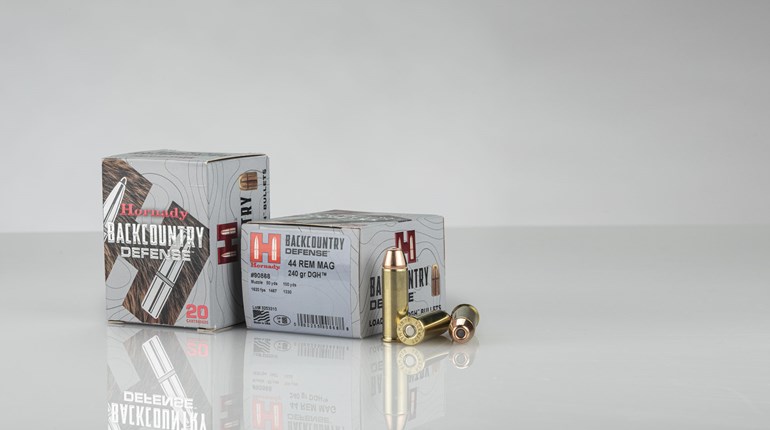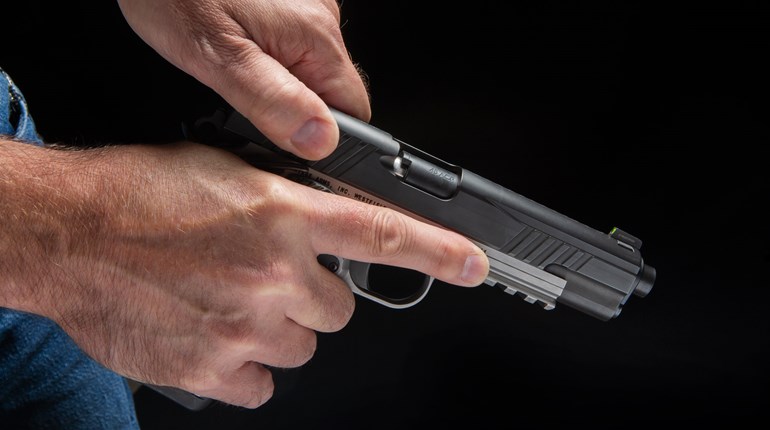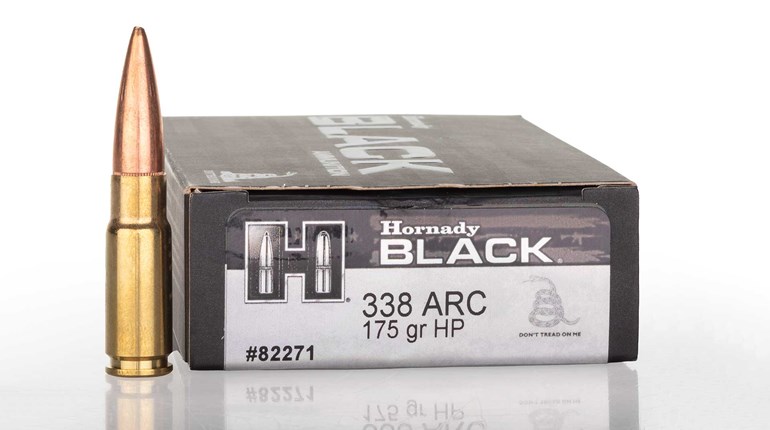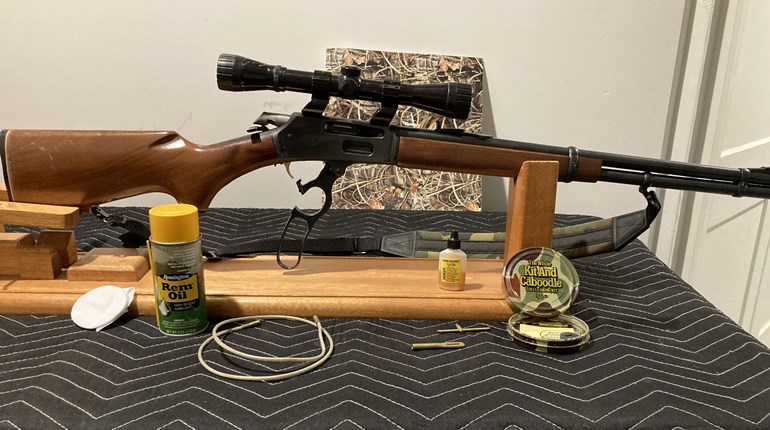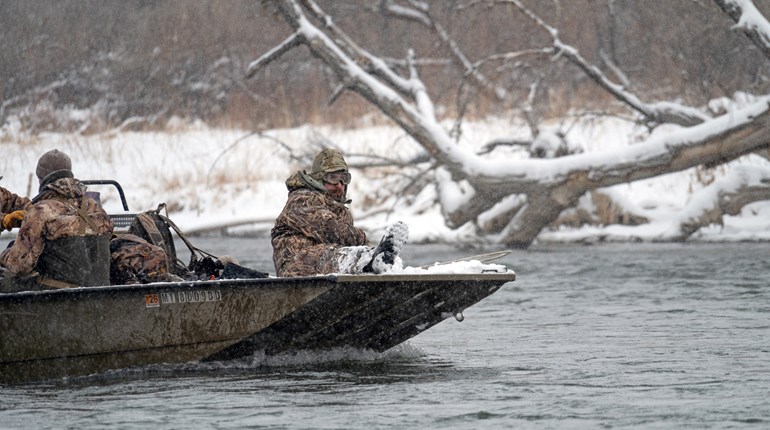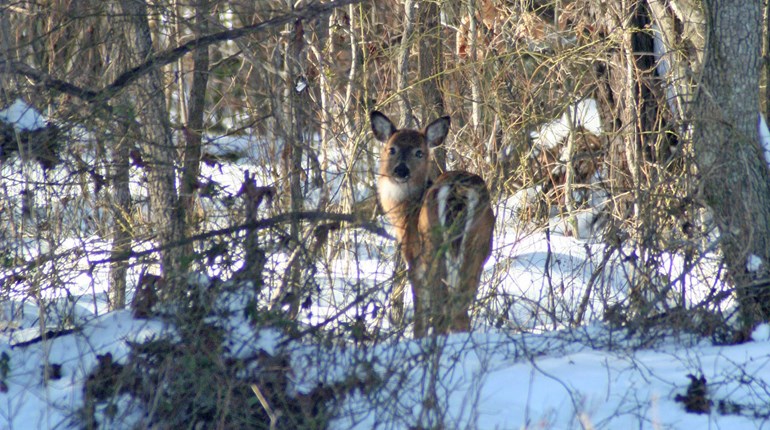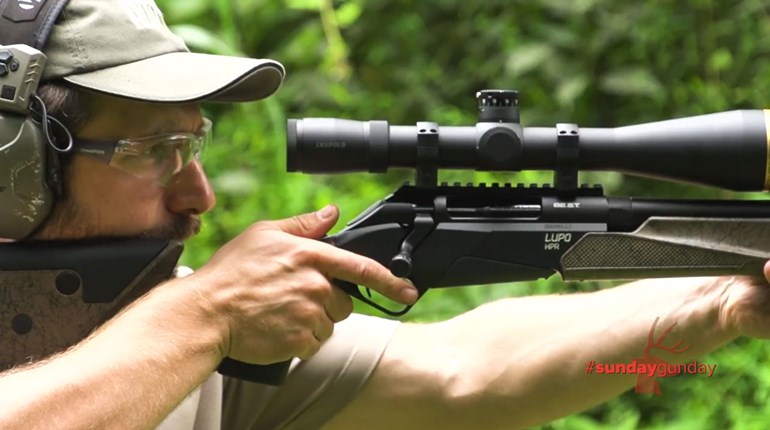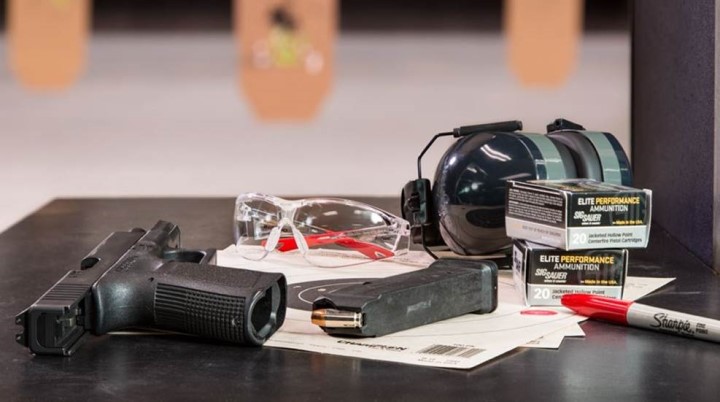
If you spend enough time on the range you are bound to see it all. Over the years I have witnessed and been victim to some of the most outrageous safety violations imaginable, and surprisingly enough, they all had one thing in common: innocent ignorance. I don’t fault folks who make a boo-boo, we all make mistakes until we know better. Basic training is all that it takes to stay on the safe side of shooting. After all, there are a lot of fine particulars involved with subjects such as handling, safe target distance and even ammunition. If you’re new and can’t get into a class right away be sure to avoid these top five public-range "party fouls."
1: Handling a gun when people are downrange
I can’t tell you how many times I have had to deal with this one. It generally stems from shooters who feel that if a gun is “unloaded” they can do whatever they want with it. The golden rule of firearms safety is that we treat all guns as if they are loaded, so “unloaded” shouldn’t even enter your mindset in this scenario. Let’s say someone were to “forget” that the line was cold, then loaded and fired when people were downrange. That entire process began with simply handling the firearm. I often refer to this as rule #0, as it is a precursor to safety rule #1.
2: “Flagging the line” with your muzzle
When the line is hot and it is safe to handle your firearm, that muzzle needs to be either up, down or downrange at all times. It’s the “all” that most folks have trouble with. Most shooters have no problem keeping the muzzle pointed in a safe direction when they are shooting, as their target is downrange and they are trying to hit it. We see the most common breakdown of this rule during the general handling of a firearm, namely bringing it from the rack to the line. When coming from the rack it is important to keep the gun pointed straight up. Keeping it close to your body is the easiest way to do so. It is only once you get to the firing line that you will level it. Shooters who level the gun first put everyone already at the firing line in front of a muzzle, particularly if they turn during their approach.
3: Putting steel targets too close
Steel targets are a tremendous amount of fun, but only if set up responsibly. This usually only takes a few minutes of education via the manufacturer’s website. Often these simple instructions are also pasted to the back of the target. In this information, you will find what cartridges the target is rated for, as well as which distance is safe for each. This is important stuff, because what is safe for one gun might be a death sentence for another.
I recall a time when I was shooting at a public range and I watched a shooter in the pistol area wait for a ceasefire and then proceed to go down range to put up a ¾” full-sized IPSC target at about 15 yards. After the line went hot he went back to his car, returned with a .30-06 rifle, and started to stuff the magazine. I immediately stopped him, confirmed that he intended to shoot that close-range target with a full-power rifle load, and then explained that the bullet fragments could very well kill him at that distance. A quick glance on the rear of the target was all that it took for him to agree.
4: Going downrange before a ceasefire
Although the guy in the last part nearly turned a hunting bullet into an anti-personnel grenade, he did do something right; he didn’t run downrange immediately upon arrival. You might not believe this, but some people need to be told not to go downrange while people are shooting.
With the exception of an emergency, a ceasefire is a request, not a command. This lull in the shooting action is a highly choreographed event that typically involves several steps with disseminating communication. Each range is different, but typically the entire line agrees to have a ceasefire at a given time (or are told by the RSO), then each shooter makes their guns safe. At this point everyone signals to each other that their gun is unloaded and that they understand that a ceasefire is about to occur and then eventually all shooters step away from their shooting positions and address their targets. It is only after a sequence like that do we walk in front of the shooting point.
5: Shooting the wrong ammo
Ammunition can be confusing. Although boxes of rifle and pistol ammunition have a few numbers that you need to be familiar with, nothing can be more cryptic to a new shooter like the specs on a box of shotgun shells. Sure, most of us can understand gauge and length pretty easily, but it’s important to know what the payload is as well. The bigger the projectiles, the further the range.
As you might imagine I have a story for this. Once upon a time, at a public shotgun field, I was teaching a student how to enjoy the sport of trap with her new gun. As I went through the steps to shatter a flying target, I noticed she was distracted by a young man trying to do the same. After a few shots, she asked me, “Is my gun going to have the same recoil?”
I looked over and saw he was shooting slugs. When I approached, he noticed my instructor patch and asked me ,“Is it supposed to be so hard to hit clays at this distance?" I (less than gently) informed him that not only will it be hard to hit clays with slugs but also that “it will be tough to avoid the lawsuit from the homeowners on the other side of the hill.” Luckily, nobody got hurt on this one but remember only birdshot is safe to be fired in the air, and only in particular scenarios.
Owning a gun is exciting and that you probably want nothing more than to get to the range to fire your first shots. However, before doing so get some training, read some literature or at least consult with somebody knowledgeable. Doing this will trade instant gratification for a lifetime of shooting joy.













